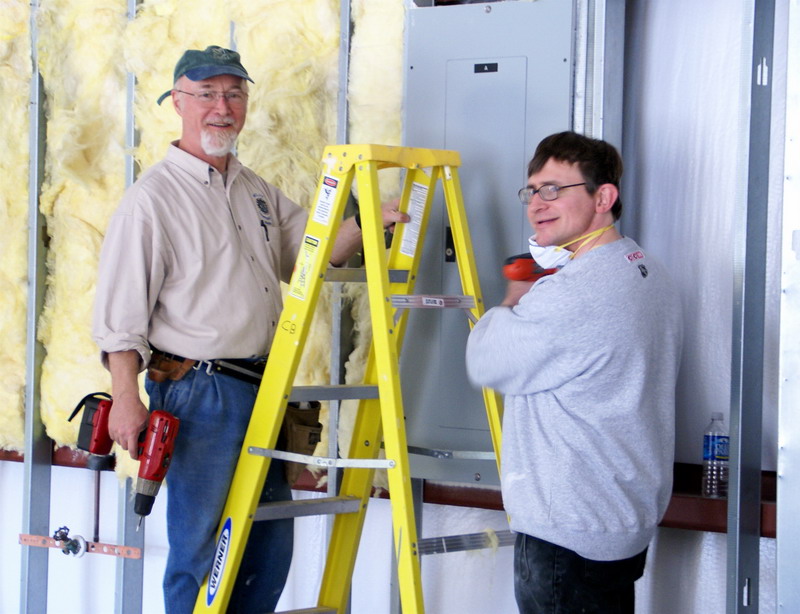What Are Thermal Magnetic Circuit Breakers?
Pretty much everyone is familiar with the effect of a tripped breaker in the home. Suddenly, you have no electrical power in one or more outlets and you’re forced to head down to the basement or out to the garage to switch the electrical panel back on. This usually happens when too many appliances are plugged into one outlet or connected to the same electrical circuit. That’s what triggers the circuit breaker to kick in and protect you from potential electrical hazards.
But what is a circuit breaker exactly and why is it so important in your home? Let’s take a closer look.
What is a Circuit Breaker?
We’ll start by clearing up the difference between a circuit breaker’s function and its purpose.
1. Circuit Breaker Function. The function of an electrical circuit breaker is to “break” (that is, to discontinue) a circuit of electricity. It does this automatically when it detects:
* an electrical overload -- The power demand on one of the circuits is beyond its capacity, usually because you’ve got too many items plugged in at the same time.
OR
* a short circuit – An electrical circuit is accidentally shortened when a live wire comes in contact with another part of the circuit (usually due to faulty insulation) and takes the path of least resistance. This can result in an electrical charge in an unexpected location ... for example, a light switch.
Once the electrical issue has been resolved, the circuit breaker can then be manually or automatically set to restart the flow of electricity.
2. Circuit Breaker Purpose. The purpose of the circuit breaker is to prevent damage from occurring. An overtaxed or malfunctioning electrical system can do a lot of harm to home appliances and electronics. Much more seriously, it can endanger you and your household, with the risk of electric shock, electrocution, or electrical fire.
Circuit breakers come in varying sizes and types and may be used to protect everything from household appliances and electronic devices to high-voltage circuits which service entire cities.
Thermal Magnetic Circuit Breaker Definition
In American homes today, thermal magnetic circuit breakers are the most common type. These are circuit breakers which utilize two components to detect electrical faults.
The first component is an electromagnet that is sensitive to large surges in electrical currents. Electrical surges can cause short-circuiting, which may seriously damage your valuable electrical appliances (such as a clothes dryer or an air conditioner) or large electronics (think DVD player or desktop computer). The electromagnet responds instantly to such dangerous situations by shutting off the flow of electricity so that your appliances are protected.
The second component used in a thermal magnetic circuit breaker is a thermal bimetallic strip that responds to prolonged low-level electrical surges or overloads of electrical currents. Excessive electrical currents will heat the bimetallic strip enough to bend it towards a trip bar that turns the circuit off.
Thermal magnetic circuit breakers are popular because they can quickly limit short-circuiting and then restart the flow of electricity when the surge has passed.
Circuit Breaker Safety
- Set thermal magnetic circuit breakers according to the manufacturer’s directions for safe and effective functioning.
- Limit electrical power usage to prevent stressing your circuits. (Fringe Benefit: This tip saves money on your utility bills, as well.) Try to keep heavy-consumption electrical devices, like space heaters, irons, toaster ovens, and hair dryers, on different circuits. Avoid overloading the system with multi-outlet extension cords. If at all possible, turn off appliances and electronics when not in use.
- Install GFCI (ground fault circuit interrupter outlets) and test them monthly.
- Rethink your existing electrical system if you have frequent tripped breaker problems. Call a licensed electrician to assess the system and make any necessary upgrades.
Looking for a Pro? Call us (866) 441-6648

Electrical Average Costs
Electricians Experiences

All Our New Home’s Electrical Work Done By One Skilled Contractor

Replacement Of A Light Fixture That Literally Fell Off The Ceiling




